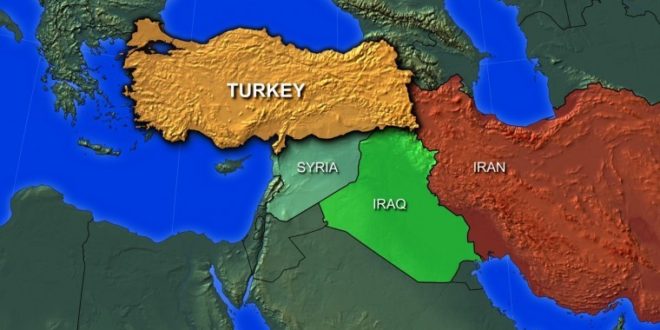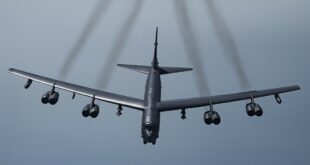Shehab Al Makahleh
Disputes in the Middle East cannot be resolved unilaterally. They can only be tackled collectively, through integrated regional and international cooperation. This applies to challenges such as the Palestinian cause, terrorism, Arab-Iranian conflict and other lesser predicaments.
Some political observers believe that the Arab-Iranian dispute should be addressed even before the Palestinian-Israeli issue. Since 1967, the Middle East has been a hub for the worst military conflicts and wars.
About 22 percent of world’s conflicts have been concentrated in the region during the past three decades. When the eight-year Iraqi-Iranian went on from 1980 to 1988, both countries lost more than 2 million soldiers.
UN statistics reveal that about 40 percent of the total number of those killed in armed conflicts have fallen in the Middle East since 1980 until the end of 2017. Such conflicts have complicated the political scene and have led to further chaos when the Arab Spring erupted in some Arab republics.
Up to 72 percent of world war toll and military conflict fatalities have been reported in the Middle East. Moreover, the Middle East has the highest levels of terrorist attacks since 2003. Incidents of terrorism increased by 50 percent, leaving many countries behind owing to their impact on economies.
Iran and Arab states are heading toward direct regional conflict that would drive Israel to intervene by targeting some strategic sites in Iran to turn balance of power
Shehab Al-Makahleh
Balance of power
Many states harbor a strong belief that their main enemy is Iran as it tampers with the stability of Arab countries. This started with Iraq, Lebanon, Yemen and Syria. Since no conflict can take place without the pretext, if the root cause is to be resolved then changing the balance of power and the regime in Iran are a must.
As Iran was eying Iraq since 1980s, after regime had changed in Tehran in 1979, a conflict broke out which saw in the Iranian expansionist policies a strategy to rule over the whole region.
The first Iranian step was to control Iraq after American pullout because Iraq is in the north of the Gulf and Iran is located to the east of the Gulf States.
This is likely to pose a major threat to Gulf states as Iraq is geographically and strategically located between three major powers: The Gulf Cooperation Council (GCC) states, Turkey and Iran.
Iranians have sought to play the Iraq card first before moving to play other cards which include sectarianism, the cards of Syria, Lebanon and Yemen. Iran believes that an Arab-Iranian model can be created through the Iraqi gate, with the support of others – such as Russia, Syria – without reaching a compromise between Arabs and Iranians in such a conflict.
There is a firm belief that the Iranian regime should be changed in order for the country’s policies to be changed accordingly. Hence, changing the regime of the Vilayat al-Faqih may be considered a regional and international necessity before the possibility of confluence of Iraq and the other Gulf states in the form of an alliance or to form a new regional system.
No peace deal
But why all previous wars have ended with no peace deal or surrender agreement? The Iran-Iraqi war ended on August 8, 1988 with a truce but without a peace or surrender agreement being signed. The same applies to the two wars against Iraq.
Thus, the answer is simply tacit which bears the seeds of a war that would erupt any moment. Should this happen, Iran will be forced to leave Iraq and Syria to protect its borders.
Iran looks at Arabs, whether Sunni or Shiite, from a heritage perspective. It considers the GCC a springboard backed by the West to besiege Iranian revolution.
On the other hand, Gulf Arabs regard the Iranian revolution as an existential threat. This was exemplified by Khomeini who called on Arabs in the Gulf to stir up revolution.
Iran and Arab states are heading toward direct regional conflict that would drive Israel to intervene by targeting some strategic sites in Iran to turn balance of power. The month of May is very critical where the future of the Middle East region will be at stake.
 Geostrategic Media Political Commentary, Analysis, Security, Defense
Geostrategic Media Political Commentary, Analysis, Security, Defense





